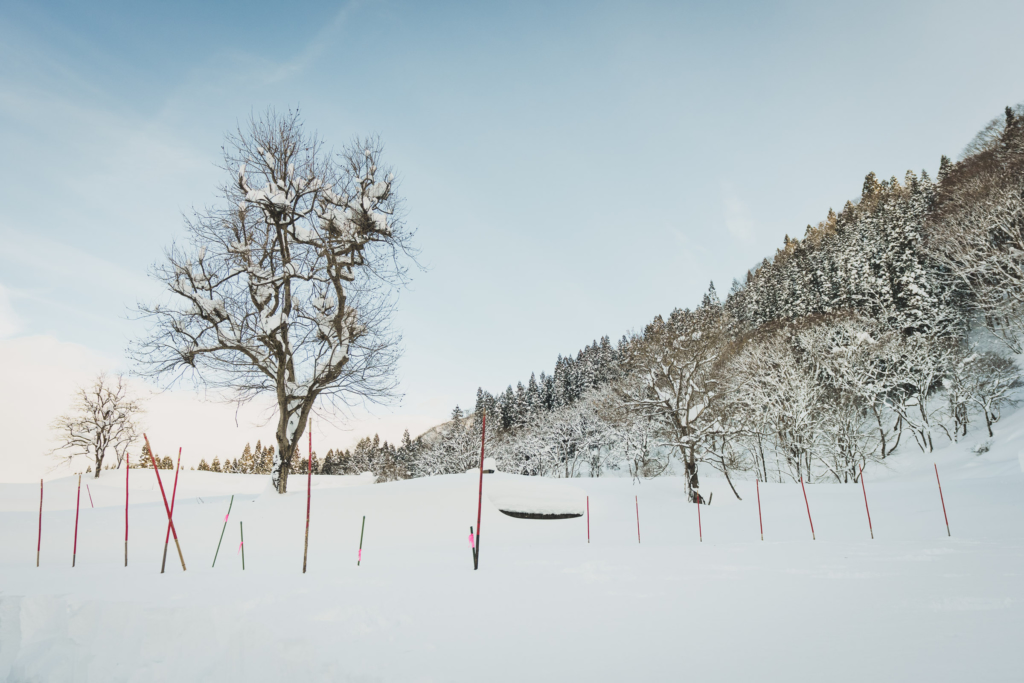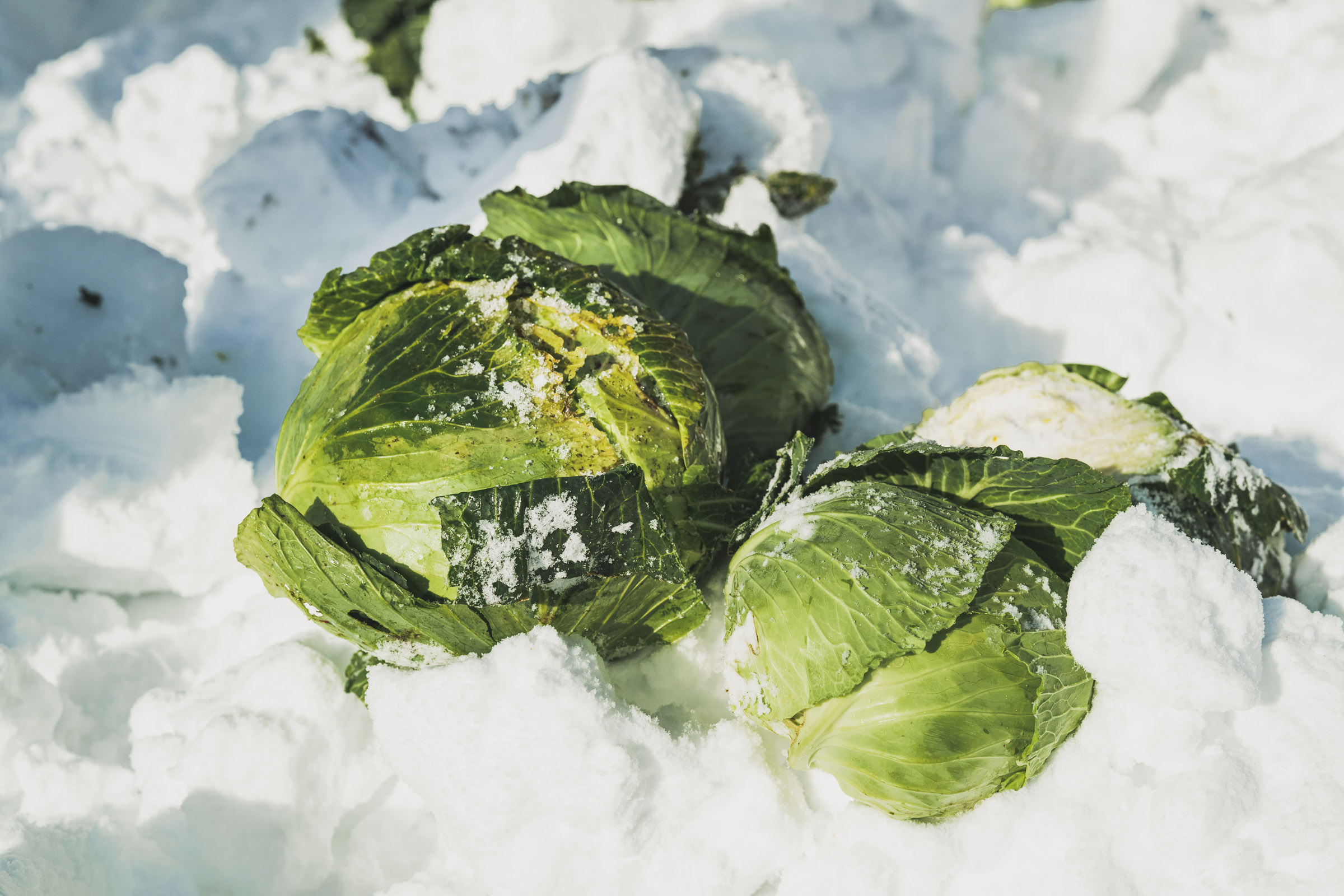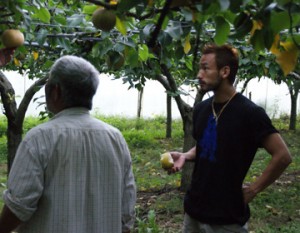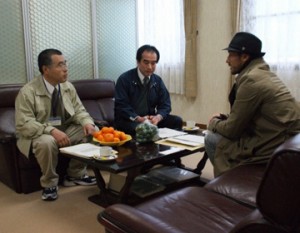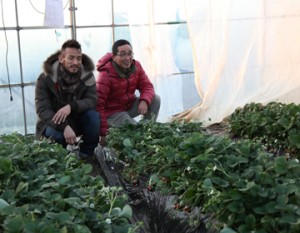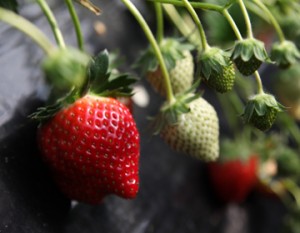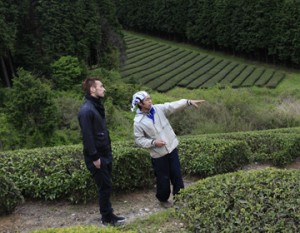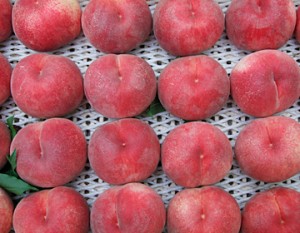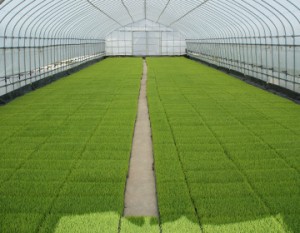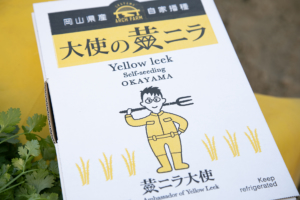Rare environment for cabbage production
Otari Village in Nagano Prefecture, located on the border with Niigata Prefecture, is one of the world’s most popular mountain resorts, where, along with the neighboring village of Hakuba, many people come to enjoy the finest powder snow. Iori Village, located in a corner of Kotani Village, is a marginal community of 10 houses with a radius of about 200 meters where only about 20 people live. Here, a rare cabbage is cultivated using a very unique method.
Types of Cabbages Produced in Kotani Village
There are three main types of cabbage: spring cabbage, which has tender leaves and is distributed in spring; cold cabbage, which is distributed throughout the year; and special cabbage such as purple cabbage. The cabbage grown in Kotani Village is the cold cabbage, but it is a little different from the norm: it is usually planted before the Bon Festival in August and harvested in November or December, but here they grow “snow cabbage,” waiting until the fields are covered with snow to harvest it. While there are cabbages throughout Japan that are harvested and buried under snow, the most distinctive feature of this cabbage is that it is not harvested, but instead is left to overwinter in the 1.5-meter-high snow cover with its roots spread out. The cabbage is dug up from the snow and harvested for shipment only during a one-month period from mid-January to mid-February every year.
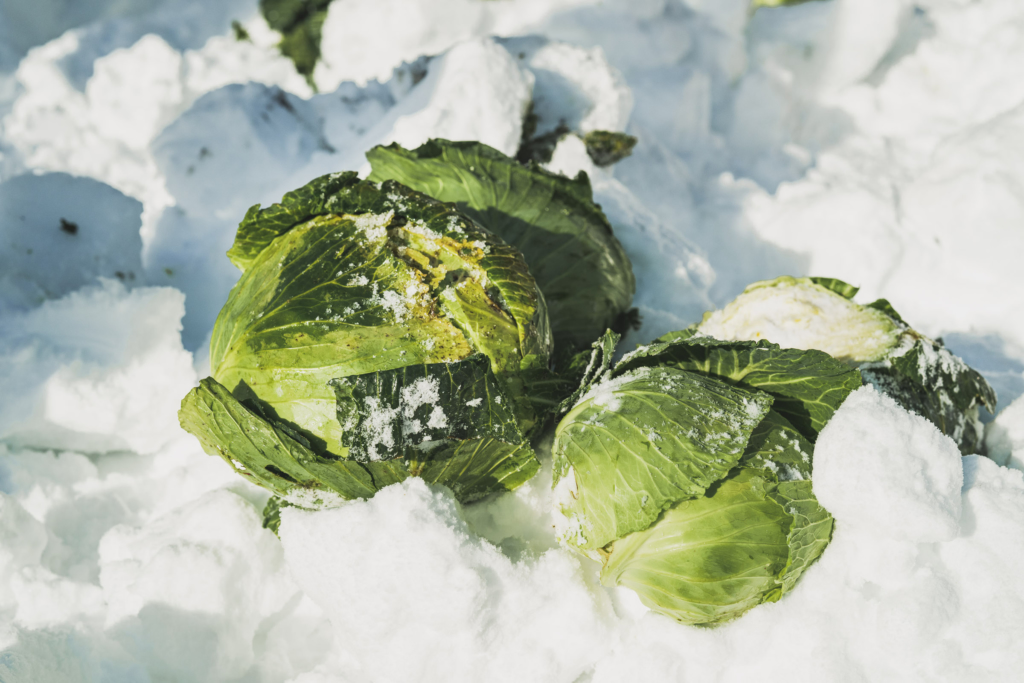
Yukiwari cabbage is ideal for recipes that enjoy its sugar content and texture
Cabbage in the snow is very sweet because it stores sugar content and matures without freezing while still alive. While normal cabbage has a sugar content of 4 to 5 degrees, cabbage in snow has a sugar content of more than 8 degrees, or even as high as 10 degrees. Some of the larger ones can weigh close to 5 kg as they grow even more in the snow. The core of the cabbage, which is the sweetest part of the cabbage, has a refreshing sweetness without any bitterness, just like corn. The crispy texture of the cabbage leaves, which have been well firmened by the cold snow, is also a unique characteristic of this cabbage.
Yuki-wari cabbage is best served raw in salads.
The best way to eat it is raw as a salad. In addition, you can also cut it into wedges and serve it as tempura. A quick sprinkle of salt will add even more sweetness to the cabbage, changing the way you think of cabbage. It is a taste of the season that can only be found during this limited time of the year.
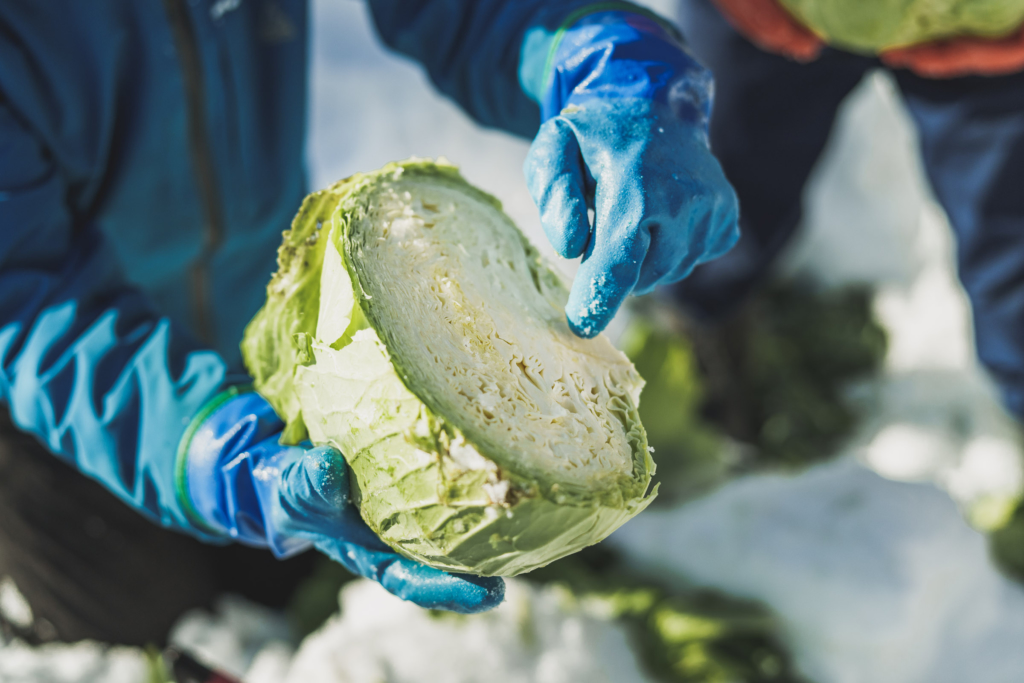
Helping Each Other Across Age Groups Fosters New Strengths
The Iori Agricultural Production Cooperative, which grows the cabbage, was established in 2005 by a group of friends living in the village of Iori. In Kotani Village, it has long been common for farmers to be “dual-income farmers. The farmers had been doing farming individually, but they decided to start a cooperative because they thought it would be more fun if they could all work together. Their stance was to revitalize the aging community. When we first started, all the members were living on pensions, so we thought it would be sufficient if we could earn enough money as a by-product to pay the members’ bills. Then, little by little, young people and people from outside the prefecture started coming in, and it became our goal to work together with everyone, old and young, and to pass on the techniques taught to us by our elders without ceasing. Young people support their elders with their wisdom. We want to cherish an environment where this kind of mutual support occurs naturally. says Kazuyuki Fujiwara, the head of the cooperative.
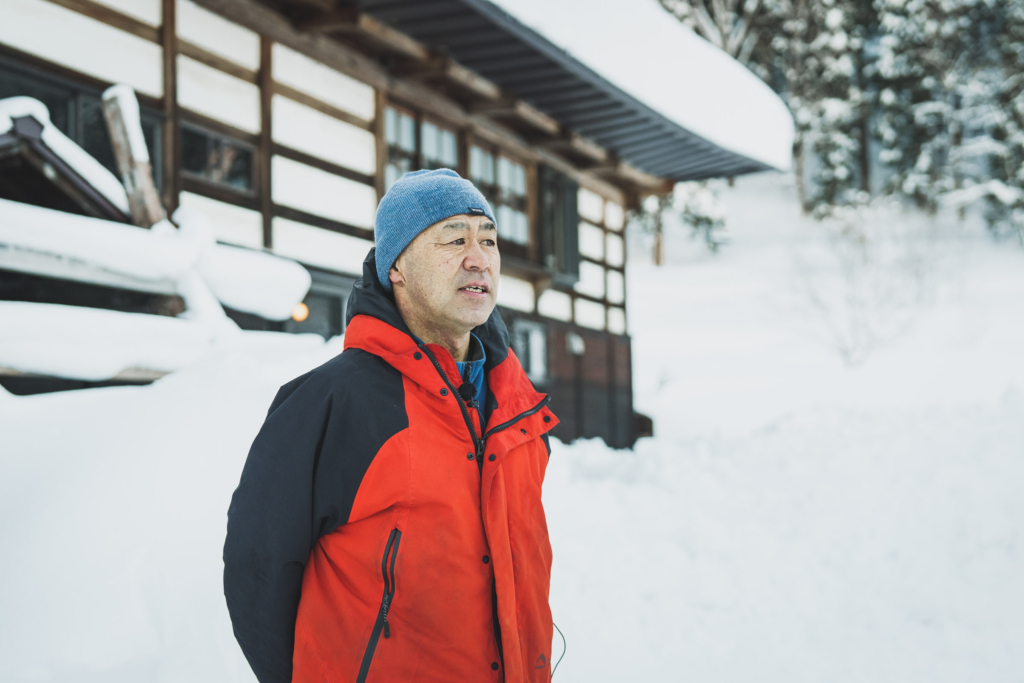
Reviving Disappearing Local Specialties
The cooperative members jointly harvest and ship wild vegetables in the spring, mini-tomatoes in the summer, rice in the fall, and cabbage in the snow in the winter. In fact, at the time the cooperative was established, the productivity of the cabbage was not commensurate with the labor required to dig it up from under the snow and harvest it, and there were no more growers in the surrounding areas. The members of the cooperative revived it in the hope of producing something that would become a local specialty. They decided to name the cabbage “yukiwari cabbage” after “yukiwari grass,” an interactive exchange facility located in the village that serves as a visitor center and a place of relaxation for the cooperative members.
When the business was first revived, labor costs were high in comparison to the labor required, and the business was in the red every year. The company wondered when to quit the business. The price of cabbage was only slightly higher than that of regular cabbage, and the company struggled to differentiate itself from other cabbages, which was also a blow to the business. One day, however, a local newspaper interviewed the company, which brought it to the attention of the public, and it was subsequently picked up by many media outlets. The company switched its sales channels from being mainly local to national and revised its pricing. The idea of delivering cabbage and snow packed in Styrofoam was also well received, and the product has become a popular item that attracts a large number of customers, from consumers in urban areas to restaurants nationwide. The result of more than ten years of working together to revive the “Yukiwari Cabbage” and keeping its flame burning has finally borne fruit, and the product has grown into a specialty of the Iori community.
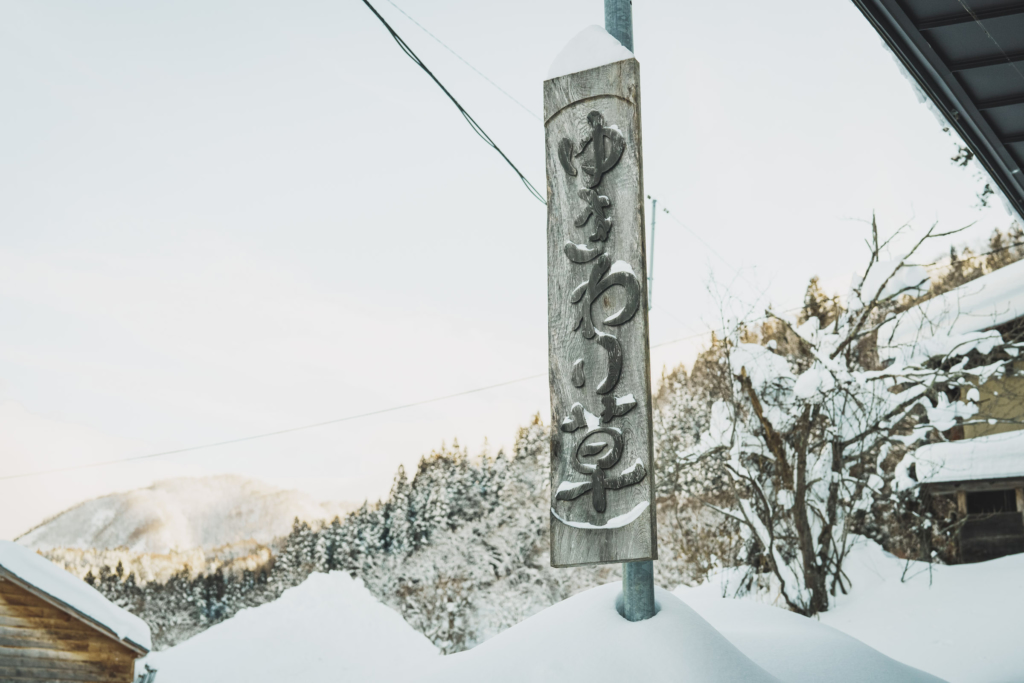
A village where people share the same values of happiness
In Iori village, people of all ages and both sexes share the same values and support each other as if they were a company organization, sometimes like a big family. Their motto is to maintain the status quo, and they have no desire to make a lot of money. When they sell a lot and make a profit, they are happy to go on trips together and eat delicious food, which encourages them to work hard. Above all, each and every one of them enjoys their lives, hoping to preserve the wisdom and skills that would otherwise be forgotten, and the beauty of the satoyama. If more people come to know the good qualities of Iori village, fall in love with it, and move in, it will be another source of happiness.
We listen to the voices of people of all ages and genders, incorporate their ideas, and learn to pass on the wisdom and techniques cultivated by our predecessors.
Actions to revitalize depopulated areas are being created one after another from a small village of only 10 households.
